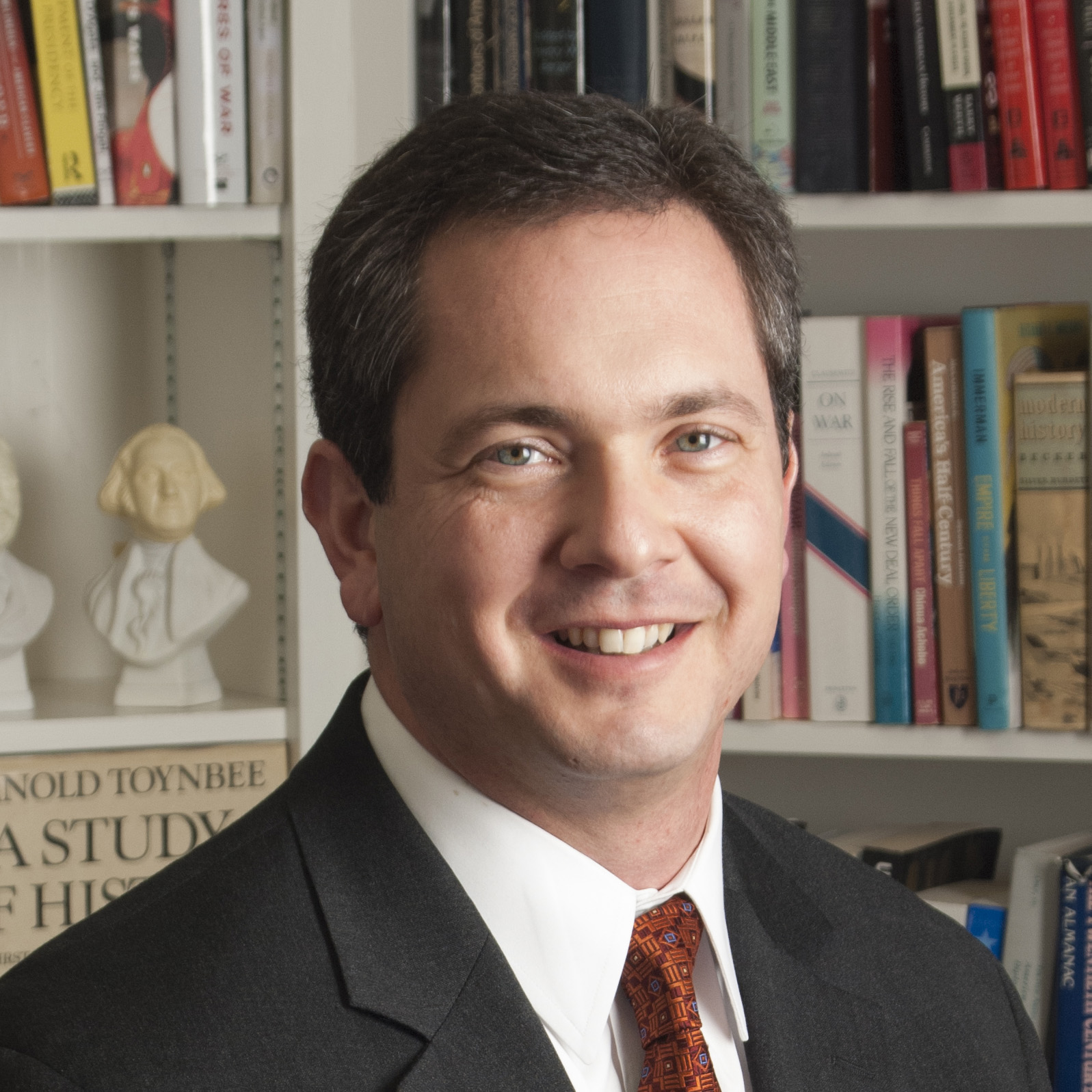Will Iran go nuclear? And if so, what then?
SMU experts in international politics and presidential history talk about the seriousness of the Iran nuclear negotiations and the need for an agreement.
Nuclear talks between Iran and six world powers — including the U. S. — passed the negotiators' self-imposed deadline on Tuesday night without an agreement on what officials described as "difficult issues." SMU experts in international politics and presidential history talk about the seriousness of the situation and consequences for the future:
 |
Joshua Rovner - John Goodwin Tower Distinguished Chair in International Politics and National Security and Associate Professor, Department of Political Science: "The Obama administration has good reason to seek an agreement with Iran on its nuclear program. A good deal will make it more difficult for Iran to quickly enrich weapons grade uranium, and it will leave an inspections regime in place to monitor compliance. Up to now, the combination of intelligence and inspections has given the United States a great deal of insight into Iran’s activities. If no deal is reached it will be much harder to assess Iran’s capabilities and intentions. "Whatever the outcome of the current negotiations, U.S. officials should start thinking about life with a nuclear-armed Iran. Iran has powerful reasons to maintain the scientific and technological capabilities to go nuclear at some point in the future. If it finally takes the plunge and builds even a modest arsenal, U.S. leaders will face the dual challenge of deterring Iran from a range of actions, as well as convincing others in the region that they need not acquire their own nuclear weapons in response."
|
 |
Jeffrey A. Engel - Director of the Center for Presidential History and "The most transformative and impressive scientific achievement of the twentieth century, the taming of the atom, carried with it the potential for destroying all human life and civilization on the planet. "That power, and the transformative power that runs throughout the digital age, runs headlong into the atomic menace as Iran seeks to become the first country in the Middle East to officially join the nuclear club. No greater strategic issue faces global policymakers in the twenty-first century than how to contain this awful genie unleashed in the twentieth." |
SMU Tower Center hosts discussion on nuclear weapons and national security
On March 26, 2015, SMU’s Tower Center for Political Studies hosted a discussion that analyzed the implications of nuclear weapons, American national security and the future of the bomb. C-SPAN recorded and later broadcast the discussion, which is now available online.
